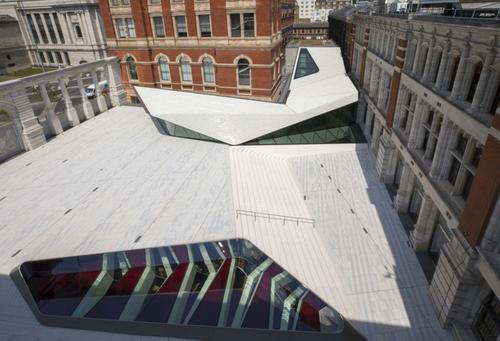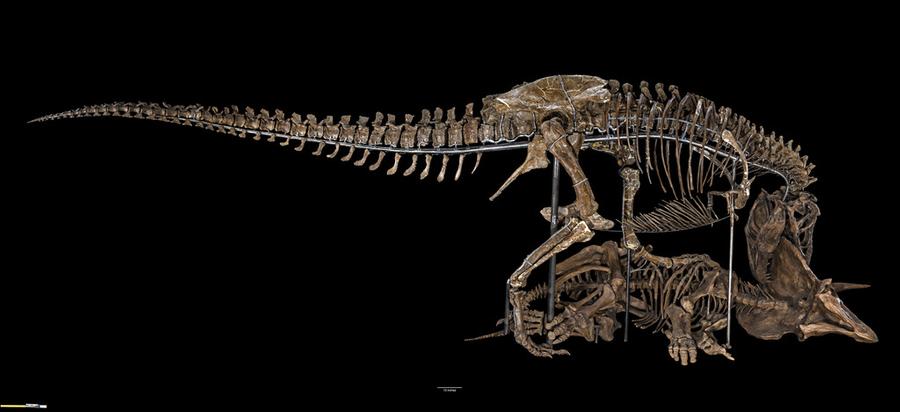Museums' Tango With Money and Ethics Is Under Pressure
- May 09, 2019 10:36

Museums have faced increased scrutiny over the origins of their funding in recent years, both sparking protests and demands for severed ties with certain sources of money.
Just last week, Britain's highest contemporary art honor, The Turner Prize, nixed a sponsorship deal with a company whose chairman was known for anti-gay rights campaigning, after an uproar.
Donors, sponsors and trustees whose wealth is allegedly tainted by arms manufacture (a few on the Whitney's board, including Warren B. Kanders); corporate drug production (Purdue Pharma branches of the billionaire Sackler family, whose foundations have given massively to various institutions); and climate change denial (oil mogul David H. Koch, former trustee of American Museum of Natural History and major donor to the Smithsonian and the Met) represent a sample of protested targets.
In reference to Sackler donations to art museums at Harvard, Senator Elizabeth Warren had fighting words in a Medium post Wednesday saying that Americans deserve a country "where when people like the Sacklers destroy millions of lives to make money, they don't get museum wings named after them, they go to jail."

Some targeted donors are pushing back including the widow of Arthur Sackler, Jillian, who noted last month, "None of the 1,600-plus lawsuits filed against Purdue Pharma, members of the Sackler family or others in the opioid business names Arthur or his heirs as defendants."
Harvard University president Lawrence Bacow concurred, saying, that while he was "deeply moved" by protestors' stories of opioid addiction misery fueled by Purdue Pharma's OxyContin push, Harvard would maintain its Sackler donations.
“Dr. Arthur Sackler died before the drug was developed. His family sold their interest in the company before the drug was developed,” Bacow said, in the Harvard Crimson. “And I think it would be inappropriate for the university to either return the gift or take Dr. Sackler's name off the building that his gift supported given that he had absolutely no relationship to it.”
Still, protestors maintain that a certain link persists, as wbur notes, "Arthur’s innovations in prescription promotion paved the way for Purdue Pharma’s even more egregious practices, like rewarding doctors who over-prescribed OxyContin while hiding its extreme addictiveness (and blaming users when they became dependent)."
The Tate, National Portrait Gallery London, Guggenheim, and other institutions have already disavowed Sackler money, following protests, including the public demonstrations at museums by American artist Nan Goldin's campaign group Pain (Prescription Addiction Intervention Now).
"At present, we’re locked in another crisis, what might be called an internal American war — on the environment, on the poor, on difference, on truth. And it’s the turn of...the art museum, now popular in a way it has never been, to be the object of critical scrutiny," writes Holland Cotter in a critique that notes past political, ethical and funding furors, along with a few current controversies here.





















